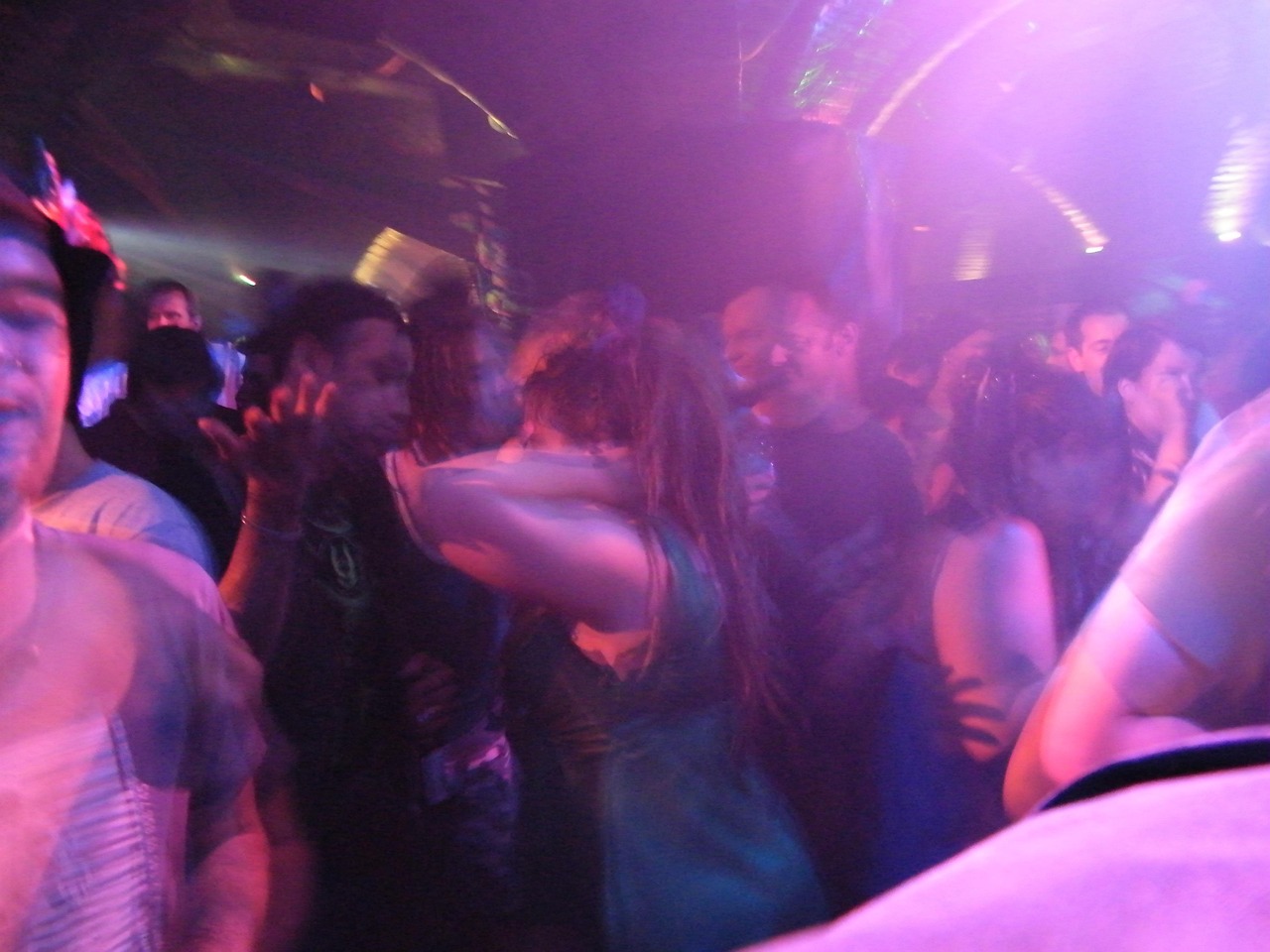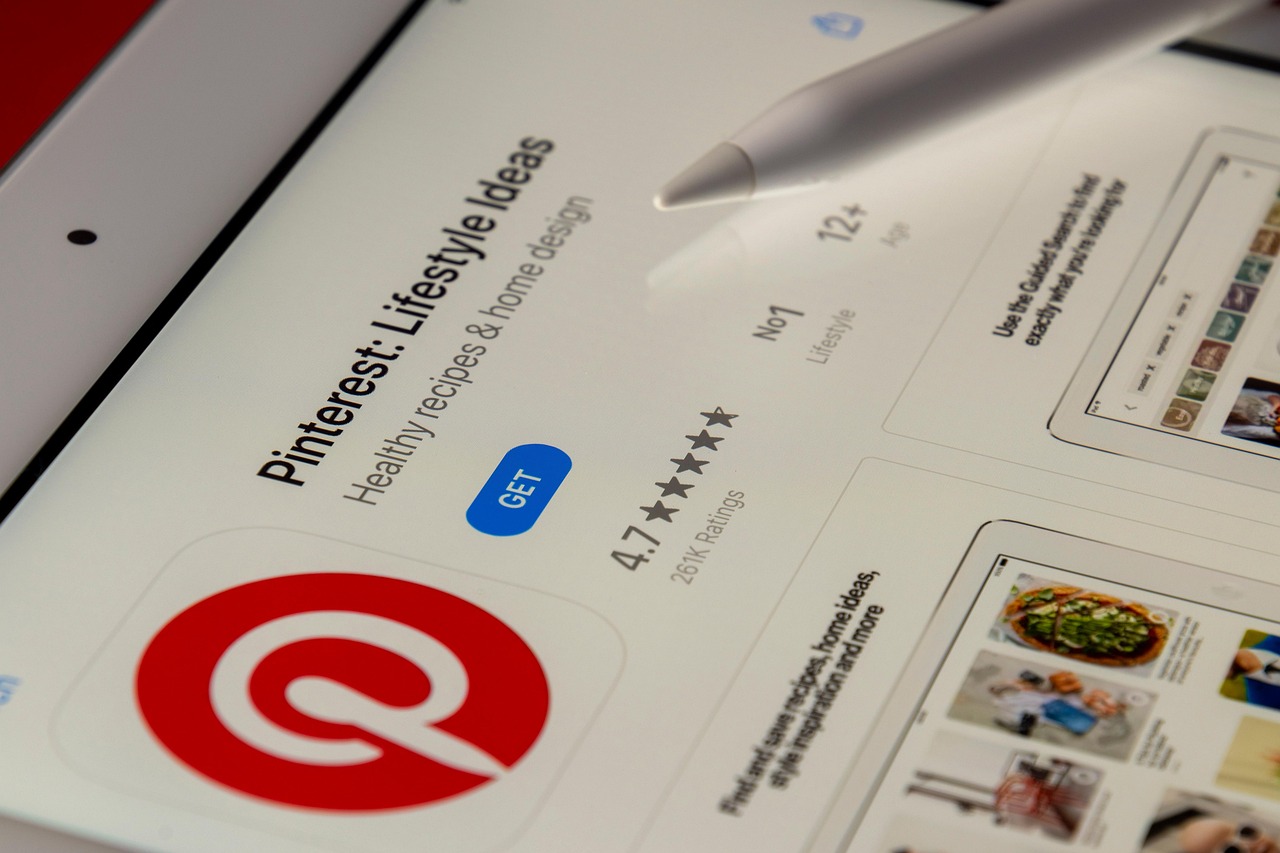It’s me Kaitlyn, the Gen-Z, thought-daughter journalist, and I’m back with the last part of my investigation into the slow burn of nightlife in the UK.
It’s time for you, the jury, to decide on the verdict:
Is the wellness movement guilty, or not guilty?
The final witness I pulled in for questioning regarding the assault on the UK’s once vivacious nightlife, was Jenny Wotherspoon-Roberts. An award winning video content creator and the Social Media Management programme leader at Sunderland University. She told me:
“I think it's a cultural movement that goes beyond social media. Tiktok is just holding a mirror up to those cultural shifts and potentially amplifying them through social influence too. As a lecturer I've noticed fewer students rolling in hungover after the big student nights - a huge contrast with my own time at University.
She goes on:
I think health and lifestyle awareness, also amplified by social media, is also playing a role. So those shifts are happening offline but visualised on social media. But there's a counter movement to that where I'm seeing a messier, 90s revival trend that is tied into nights and lower quality, blurry images with that disposable camera or early digital camera quality to them, and so I wonder if it's actually a social divide developing between different parts of society.
If you're part of the wellness community and you are influenced by wellness content, then perhaps this may prevent you indulging in a night out - but it's a bigger picture than the content alone. I also wonder if the thought of staying in and indulging in self-care appeals to gen Z and gen Alpha because it's a safe, anxiety reducing activity for a generation that appears to struggle with social skills and social situations. Arguably it's also an avoidance of one-to-one interactions and in-person social activities. I wonder if those who avoid nights out and partying also avoid social situations generally, but I've not seen any studies on this!
So there are lots of other elements in play alongside the use of social media, but I do think social media can hold a mirror up and amplify the existing feeling among a generation.”
As this court is brought to session, it is clear to see from the evidence gathered and the people I've heard from, that we appear to be living through a cultural revolution. One that could have been caused by a trend that stuck, financial strains, long lasting lockdown effects, or simply, a nightlife that's been reimagined by ‘sip n paints’ [sipping wine whilst pottery painting] and ‘bring your own cocktail’ themed nights, that aren’t necessarily alcohol free, but are in the comfort and safety of the home.
From my findings, I don’t believe the simple answer is that young people are just ‘broke’ because of the elected government. It is clear that the culprit behind young people’s abandonment of the wild night out, over-indulgence and frivolous spending stems from an issue far greater than monetary reasonings. Whether it be lockdown effects, or social media pressures, young people are clearly really struggling with social anxiety.
The flip side of that coin is that young people haven’t completely ‘cancelled’ drinking altogether. They appear to believe alcohol is fine in moderation, and perhaps have a healthier relationship with it than previous generations. Which, in many ways, is likely a good thing. This therefore probes the idea that perhaps, levels of alcoholism will decrease in future generations if the wellness trends gain a permanency in our everyday lives.
To conclude, my fellow readers, it seems that at least for the time being, clubs are out and crochet is in. The jury appears to be hung on today's verdict and the UK’s traditional nightlife’s assailant continues to live among us, undetected and undefeated.
Let us know what you think, or send us a DM on instagram!
Logging off,
Kaitlyn





